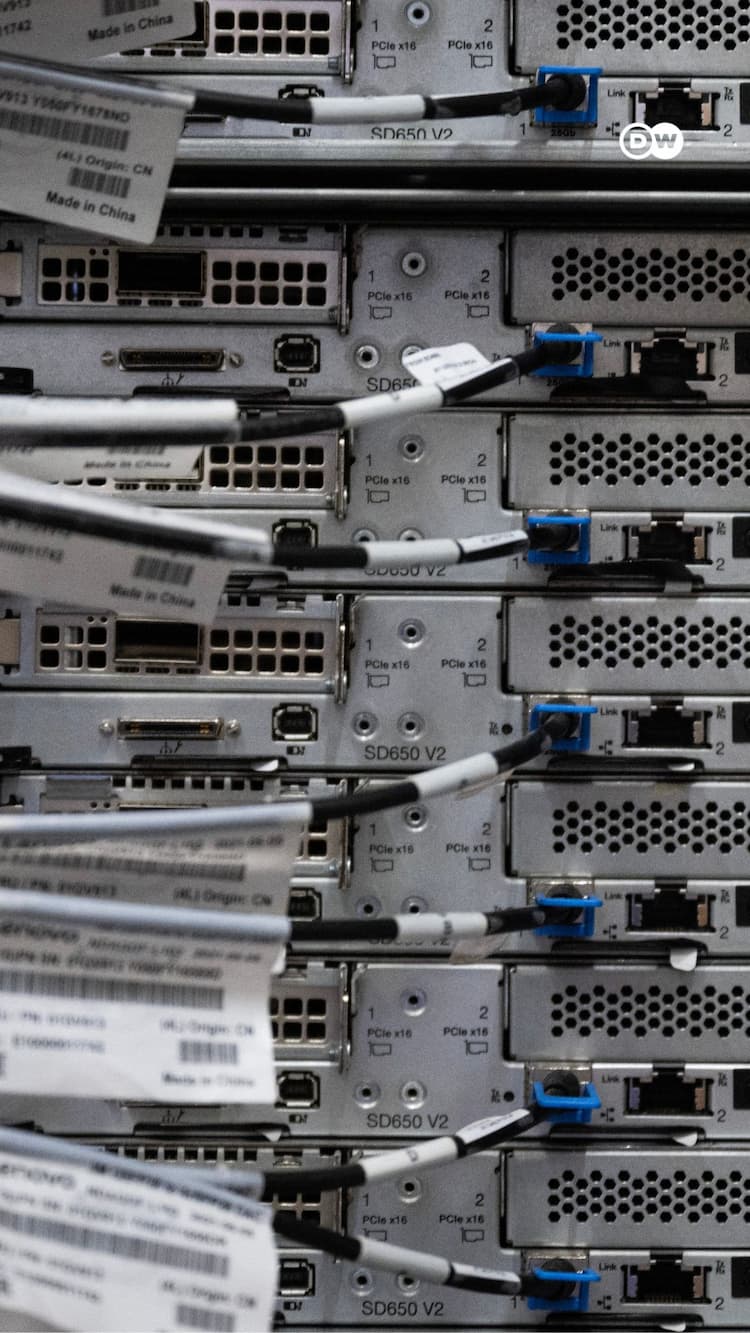Sundar Pichai sounds the alarm—claims DOJ plan will destroy Google Search
Sundar Pichai took the stand this week in the ongoing antitrust trial its facing in the US, and things got spicy. The Google CEO warned that if the US government forces the company to share its secret sauce (read: its search data and ranking magic) with competitors, it could kill off Google Search as we know it.
According to Pichai, the DOJ’s remedy is so extreme, it’s like asking Google to open up its brain — for a nominal fee— and let everyone copy it. “It’s not clear to me how we’d fund innovation if we had to give all of it away,” Pichai told the court.
Why Google’s freaking out
The Department of Justice wants Google to share the guts of its search engine — the index, ranking system, everything — with competitors at “marginal cost.” That means basically free. Pichai’s response? Hard no. He said it would let rivals reverse-engineer Google’s entire tech stack, making years of R&D pointless. Google dropped $49 billion last year alone on innovation. If all that gets handed out like free samples, Pichai argues, there’s no reason to keep spending billions. TL;DR — Google thinks the DOJ’s plan could wreck Search itself.
They want Google to sell Chrome too
Yep. Another DOJ proposal would force Google to sell off Chrome, the world’s most popular browser. Pichai — who literally helped build it — pushed back.
Google spent over $1 billion on Chrome just last year and contributes 90% of code to the open-source Chromium platform.
Sure, someone else could run Chrome, but Google claims no one would invest in it the way they do. Pichai even said he’s scared what might happen to Chrome in someone else’s hands.
The AI elephant in the courtroom
AI kept popping up in the trial, and everyone wanted to know one thing: is Google about to do in AI what it did in Search? Pichai didn’t give a straight answer but did call AI “more profound than fire or electricity.”
Well that’s a Big claim. Still, the US government’s worry is real — if Google dominates AI the way it dominates search, the playing field could stay tilted forever.
The DOJ wants change. Google says it’s being punished for building the best product. Now it’s up to the judge to decide what innovation really means — and who gets to control it.









